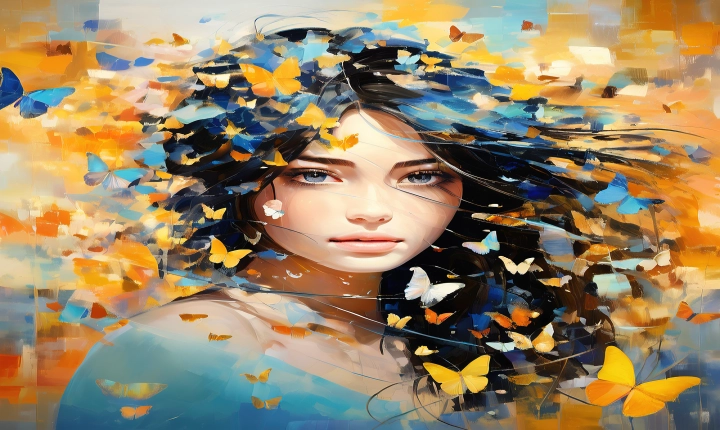Is AI Protected by Copyright?
In this rapidly advancing technological world, the concept of artificial intelligence (AI) has skyrocketed into the mainstream. As AI becomes more integrated and autonomous, questions about its legal treatment have emerged. One particularly contentious issue is whether AI-generated works are eligible for copyright protection.
As it stands, copyright protection is typically granted to original creative works, such as literary, artistic, and musical creations, that are fixed in a tangible form. However, the question of whether AI-generated works meet these criteria is not straightforward. AI, by its nature, operates by processing massive amounts of data and generating outputs based on algorithms and learning patterns, rather than original human thought or creativity.
The lack of human authorship in AI-generated works raises doubts about whether they should be subject to copyright protection. After all, copyright laws have traditionally focused on protecting human creativity and intellectual labor. Does it make sense to extend these protections to creations that emerge from a machine’s computations? Furthermore, it raises the question of who would be considered the creator or author of these works under copyright law.
In some jurisdictions, the issue of whether AI-generated works are protected by copyright has been addressed. For example, in the United States, the U.S. Copyright Office has clarified that it will not register works produced by nature, animals, or plants, and it has extended this policy to explicitly state that it will not register works produced by machines or artificial intelligence. This policy reflects the traditional requirement of human authorship for copyright protection.
On the other hand, some argue that denying copyright protection to AI-generated works could stifle innovation and hinder the development of AI technology. By providing copyright protection to these works, proponents argue that it could incentivize investment in AI development and encourage the use of AI in creative fields. Additionally, they stress the potential positive impact of recognizing AI-generated works, which would allow for the attribution of ownership and the enforcement of rights in the commercialization and distribution of these creations.
There have been instances where AI-generated works have been at the center of copyright disputes. For example, in 2019, a controversial case arose when a monkey took a self-portrait using a photographer’s camera. The question of whether the monkey owned the copyright to the photograph sparked widespread debate. While this case involved an animal rather than AI, it highlighted similar issues related to non-human authorship and copyright ownership.
Moving forward, the question of whether AI-generated works are protected by copyright will likely remain a point of contention. As AI continues to evolve and its capabilities expand, legal frameworks will need to adapt to address these new complexities. The determination of copyright protection for AI-generated works will necessitate careful consideration of the balance between incentivizing innovation and preserving the traditional principles of copyright law.
In conclusion, the intersection of AI and copyright law raises challenging questions about the boundaries of creativity and authorship. The legal treatment of AI-generated works remains an evolving area of law, and future developments will shape the extent to which these creations are protected under copyright. As AI technology progresses, it is crucial for policymakers, legal scholars, and industry stakeholders to navigate this complex landscape and establish a framework that addresses the intersection of AI and copyright law in a fair and equitable manner.
